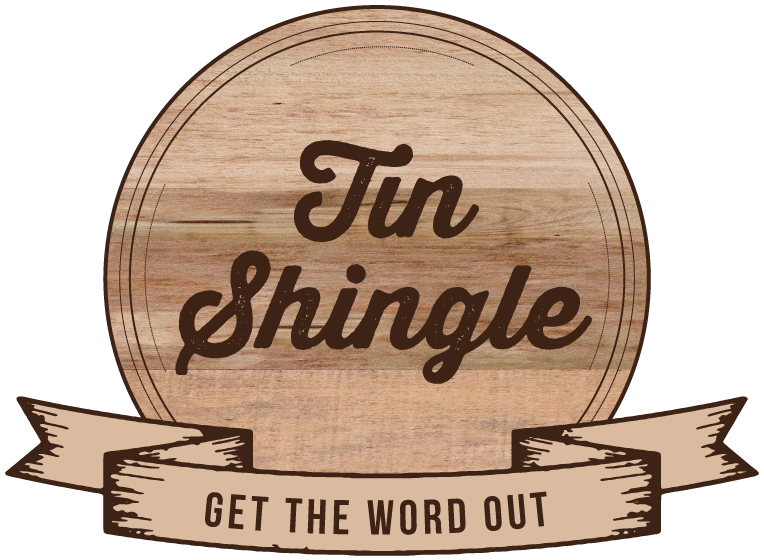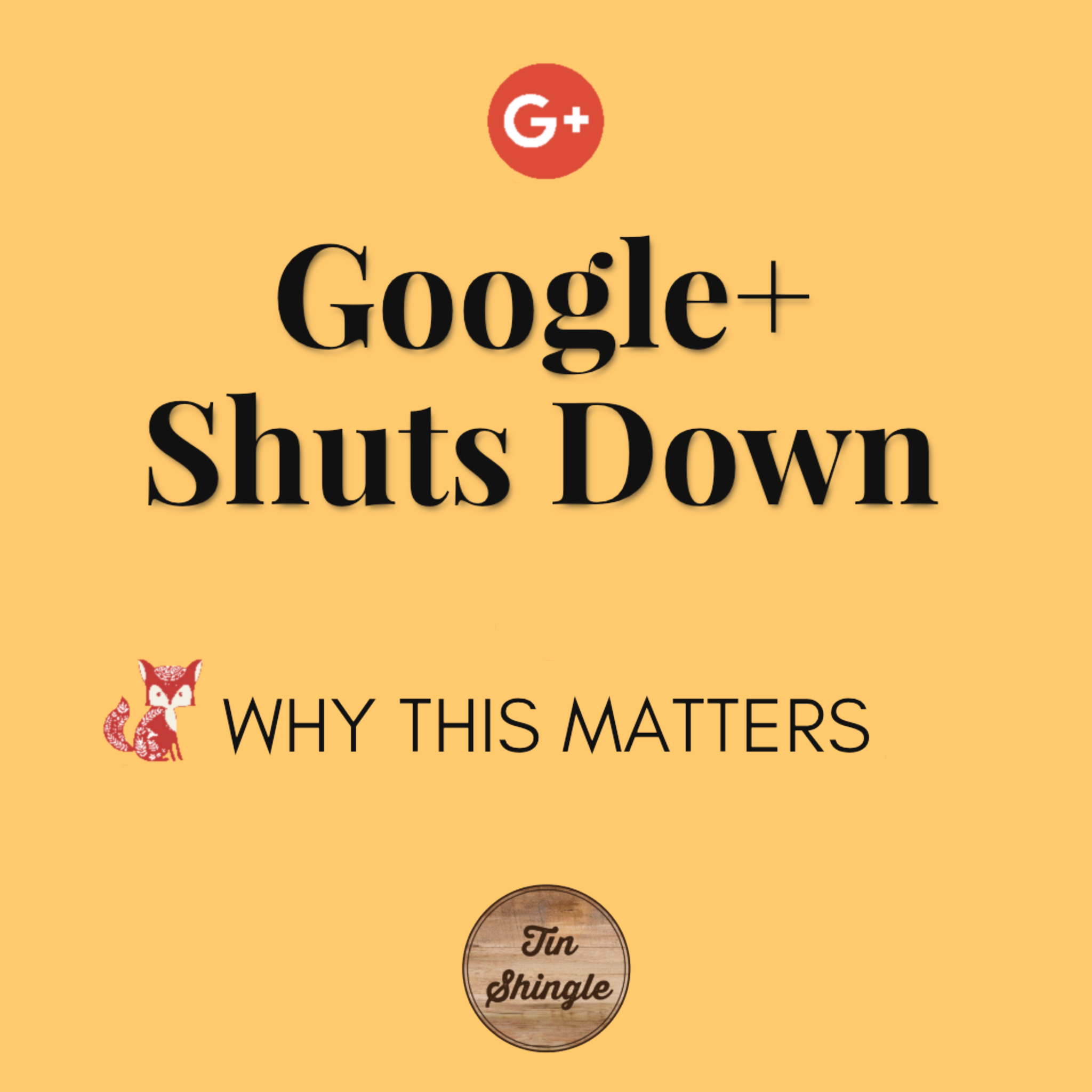Google+ is/was Google’s social network for people. Google+ launched in 2011, and wasn’t the first social network that Google tried to create to compete with Facebook. Led by Vic Gundotra and Bradley Horowitz, the philosophy coming out from them back then about social media was: “we believe online sharing is broken,” as stated in this TechCruch article. This was back in 2011. Imagine what they think now. Super broken on many levels, from broken data security to human behavior. Both of these reasons contributing to the expedited and now immediate shutting down of Google+.
What Is Google+?
Google+ was a place where you could share articles, share photos, connect with people who were your friends or random people you’d never met. You could organize them by “Circles,” which was at first neat, but then became laborious as you kept organizing and micro-organizing your connections. You could chat with others, message, and just play like you would in a social network.
For SEO (search engine optimization) purposes, Google+ was great. Because it was a product of Google, the leaders of how SEO works, you had some faith that articles shared on Google+ would get higher treatment in search results. For instance, posting an article I wrote to Google+ would be part of my digital content strategy, because that post would show up in search results, thereby taking up space on Page 1 of Google search results to elbow out my competitors, especially if my actual article was already ranking highly. In fact, according to Google+ Support: “there's no way to make the content you share not searchable.” Hurray!
Google+ is much more than SEO, however. Google recognized that people like sharing documents, conversations and photos with each other, so they built a Google+ enterprise tool where companies can use it internally on private networks. The enterprise version of Google+ will continue to live.
What Happened? Why Is Google+ Shutting Down?
Two reasons: people just weren’t using it, and a data leak impacting 52.5 million people.
Despite myself knowing the high value of Google+, even I stopped using it years ago. Of all of the hundreds of articles I’ve ever written, I’d only shared/posted maybe 20 to my Google+ account. Google+ was just so clunky to use. Normal things to do, like sharing an article, or connecting with someone, was so hard to figure out how to do. The user experience of its ecosystem seemed discombobulated - disconnected - sliced and diced.
Developers at Google and these big social/data companies seem to spend most of their focus on creating new tools, and then creating more tools on top of those tools. They seem dedicate less time to studying and understanding how their users are actually using and interacting with their tools.
When Google first announced the shutting down Google+ (aka “sunsetting,” which is the sexy and friendly version of “shutting down”), they marked “poor usage” as a driving factor. They finally did a very deep dive in October 2018 into how their users used the tool, and found that most people actually didn’t.
But in that deep dive, Google also found a data leak. Impacting 52.5 million people. Eeps. That’s when Google announced that they were shutting down Google+, and would do it gradually, ending in August 2019.
However, they announced in December 2018 that they were speeding that up, and were starting everything now, and would end in April 2019, with some connections ending on March 7, 2019. 9to5Google laments the shutdown, and alerts people to different API failures that will begin happening if developers don’t update their tools to stop using Google+.
Is Google+ Widely Used In Places You Don’t See?
Creators at Google believe in sharing. That’s why the Google search engine was created in the first place. To share the world’s content. Google has also been known to respect its users and their privacy (I know - debatable as they have all of our data - but they’ve arguably been the most proactively protective about it). An “open source” market was born, which means that developers (i.e. people who code and make things work on the internet), could design things that would connect with Google+ and work with it. These are called APIs.
The ability for developers to connect into Google+ using an API to grab your data for some reason (like to log into something to make your life more convenient) was exposed. Google patched that, but got spooked, and have expedited the shutdown. There are probably more vulnerabilities, and for a tool that nobody is using, what’s the use in maintaining it. As they said here in their announcement.
What This Means For Buzz Building Business Owners
One less thing for you to do! You don’t need to share there, and you don’t need to know how it works anymore. Hurrah.
Why Google+ “Sunsetting” (aka Shutting Down) Is A Bummer
For the SEO reasons, and for the “let’s not depend on Facebook to share our information” reasons. If Google’s shutting down has a theme song, it would be Tiffany’s: “Could’ve Been.”







